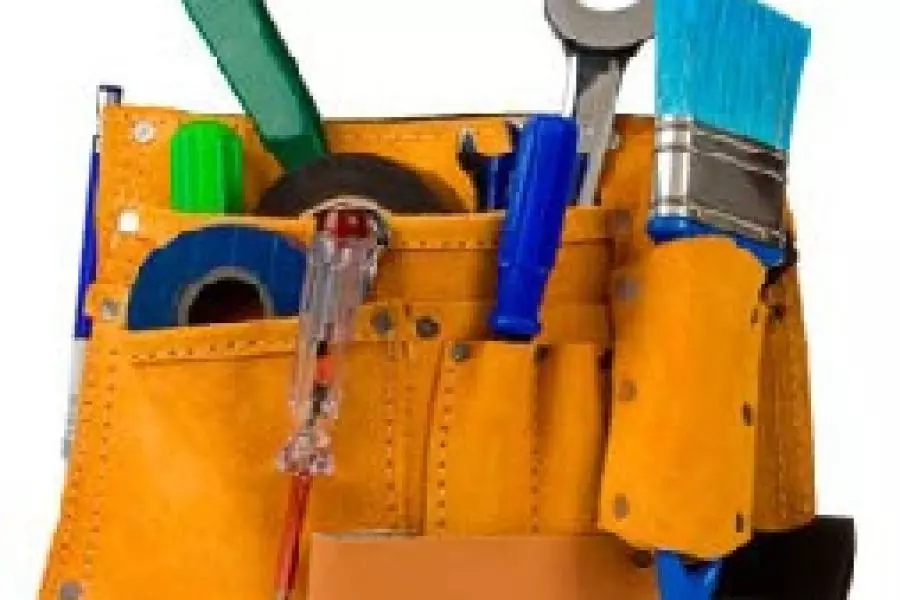News
Landlords, get talking to your tenants

Thursday 27th of April 2017
Rental properties are twice as likely to have poorly maintained features as owner-occupied properties, according to the latest Housing Condition Survey by Building Research Association of New Zealand (BRANZ).
The survey, which is conducted every five years, found that a third of rental properties were considered by assessors to have poorly maintained features, compared to only...
Want to read the full article?
Click the button below to subscribe and will have unlimited access to full article and all other articles on the site.






![[The Wrap] Bye Bye Bayly](https://goodreturns.publit.io/file/c_fill,w_900,h_600/39f23ac1-f7c7-4854-b700-a150004ebbac.webp)


